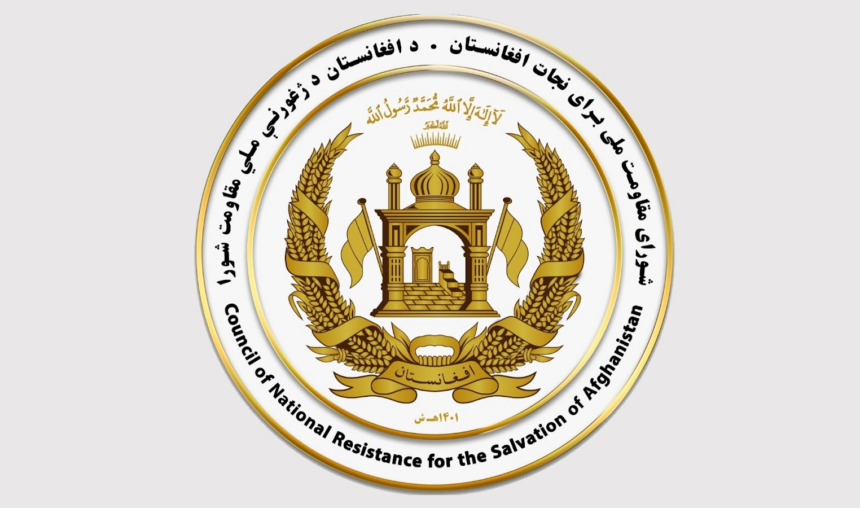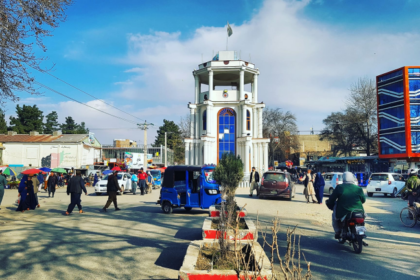RASC News Agency: The Supreme Council of National Resistance for the Salvation of Afghanistan has formally appealed to the government of the Islamic Republic of Iran to immediately suspend the forced repatriation of Afghanistani refugees particularly former security personnel, civil servants, and political dissidents. This urgent request was conveyed during a recent diplomatic mission by a high-level Council delegation to Tehran. According to Council spokesperson Hossein Yasa, the delegation led by veteran political figure Mohammad Mohaqqeq held substantive meetings with senior Iranian officials from the Ministry of Foreign Affairs and the Ministry of Interior. During these discussions, the Council raised grave concerns over the imminent threats facing Afghanistani nationals if returned to Taliban-controlled Afghanistan. The spokesperson warned that deported individuals face a high risk of arbitrary detention, torture, and possible execution by Taliban authorities.
In a formal statement issued Thursday, the Council stressed that a significant number of Afghanistani refugees currently residing in Iran belong to critically vulnerable segments of society. These include former judges, police officers, state employees, and civic activists, many of whom remain targets of Taliban reprisals. The Council called upon Iranian authorities to uphold humanitarian principles by granting protection to these individuals and halting all deportation proceedings that could place them in mortal danger. The delegation reportedly submitted a detailed policy proposal to Iranian officials, outlining practical mechanisms for the protection of at-risk refugees. In response, Iranian authorities expressed a willingness to review the plan and indicated a readiness to consider measures aimed at improving the legal and humanitarian conditions of Afghanistani migrants.
Over the past year, Iran has intensified the expulsion of Afghanistani refugees, with thousands forcibly repatriated often without legal recourse or independent assessment of asylum claims. These actions have drawn sharp condemnation from human rights organizations, which argue that Iran’s deportation policy violates international obligations under the 1951 Refugee Convention and endangers the lives of vulnerable individuals. Despite Taliban claims that the country is safe for returnees, numerous credible reports have documented widespread persecution, particularly of individuals affiliated with the former Republic or from targeted ethnic and religious groups. Taliban appeals to international organizations for cooperation in refugee reintegration are viewed by many as insincere, given the regime’s brutal record of repression.
The delegation comprising Mohammad Mohaqqeq, Haji Almas Zahid, Abdullah Qarluq, Mahbub Siddiqi, and Habiburrahman Sayyaf stated unequivocally that their mission to Iran was strictly humanitarian. “Our visit was solely focused on the plight of Afghanistani refugees,” said Yasa. “We refrained from engaging in discussions on political matters, including Iran’s bilateral relations with the Taliban.”
In closing, the Council reiterated its humanitarian stance:
“The fate of displaced and endangered populations must not be subordinated to geopolitical interests. The protection of life and human dignity must remain the paramount concern of all responsible states.”






